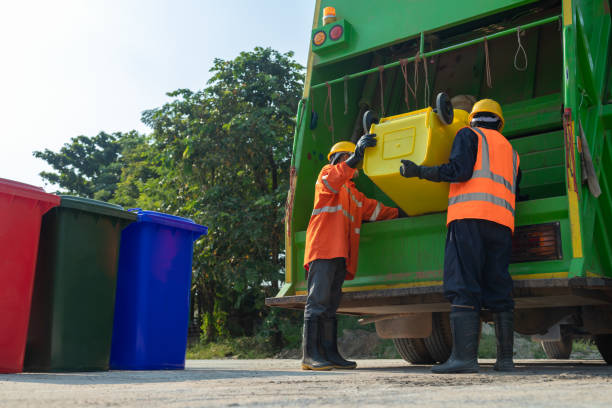For caregivers, providing transportation is more than just a drive—it’s a journey filled with care, ensuring safety, comfort, and joy for their loved ones. Whether it’s a trip to the doctor, a social outing, or running errands, these moments on the road can significantly enhance the quality of life for those in their care. “Navigating Care: 5 Essential Transportation Tips for Caregivers,” drawing on insights from professionals in the industry since 1998, offers invaluable advice for turning every ride into a smooth and pleasant experience.
1. Planning Makes Perfect: The Route to a Smooth Journey
Preparation is key to any successful trip, especially when it involves the responsibility of caring for someone else. A well-thought-out plan ensures that every aspect of the journey has been considered, from start to finish.
Map Out the Trip
Before setting off, take the time to plan the route, considering factors such as traffic patterns, weather conditions, and the time of day. It’s also important to have a backup plan in case of unexpected road closures or delays. Did you know that using apps like Google Maps or Waze can provide real-time traffic updates and suggest the best routes?
2. Comfort is Key: Creating a Pleasant Ride
The physical comfort of your loved one during the ride is paramount. A few adjustments and considerations can make all the difference in ensuring a pleasant journey.
Tailoring the Environment
Adjust the vehicle’s temperature to suit your loved one’s preferences and ensure that the seat is positioned for optimal comfort. Consider using cushions or supports if necessary. For longer trips, plan for regular breaks where your loved one can stretch and move around. A comfortable ride is not just about physical well-being but also about making the journey enjoyable.
3. Safety First: Secure Transportation
When it comes to transportation, safety should always be the top priority. Ensuring the vehicle is well-maintained and that all passengers are secure during the ride can prevent accidents and injuries.
Vehicle Maintenance and Safety Checks
Regular maintenance checks of the vehicle, including tire pressure, brakes, and engine health, are crucial. Always ensure that your loved one is securely fastened with a seatbelt or appropriate restraint system. If using a wheelchair, verify that it is properly secured within the vehicle.
4. Communication is Crucial: Keeping Connected
Effective communication before and during the trip can help alleviate any anxiety or discomfort your loved one might feel. Keeping them informed and engaged throughout the journey fosters a sense of security and inclusion.
Talking Through the Trip
Discuss the day’s itinerary, including destinations and what to expect at each stop. This not only prepares them for the day but also provides an opportunity for social interaction and engagement, turning the ride into an enjoyable part of the day’s activities.
5. Adaptability and Patience: The Virtues of Caregiving on the Go
Flexibility is an essential trait for caregivers, especially when providing transportation. Being patient and adaptable to the needs and pace of your loved one ensures a positive experience for both of you. As well, engaging cleaning services with experienced and friendly staff can help maintain a hygienic and comfortable environment for your loved ones during transport.
Embracing the Unplanned
Sometimes, despite the best plans, things don’t go as expected. Traffic jams, long waits at appointments, or sudden changes in mood or health can happen. Remaining calm, patient, and flexible in such situations can help manage stress levels for both you and your loved one.
The Journey Together
Transportation is more than just a physical service provided by caregivers; it’s an opportunity to strengthen bonds, create joyous moments, and significantly enhance the quality of life for those they care for. By planning ahead, prioritizing comfort and safety, maintaining clear communication, and embracing patience and adaptability, caregivers can ensure that every journey is a safe, comfortable, and enjoyable experience. Remember, it’s not just about the destination, but the care and love shared along the way that truly makes a difference.







